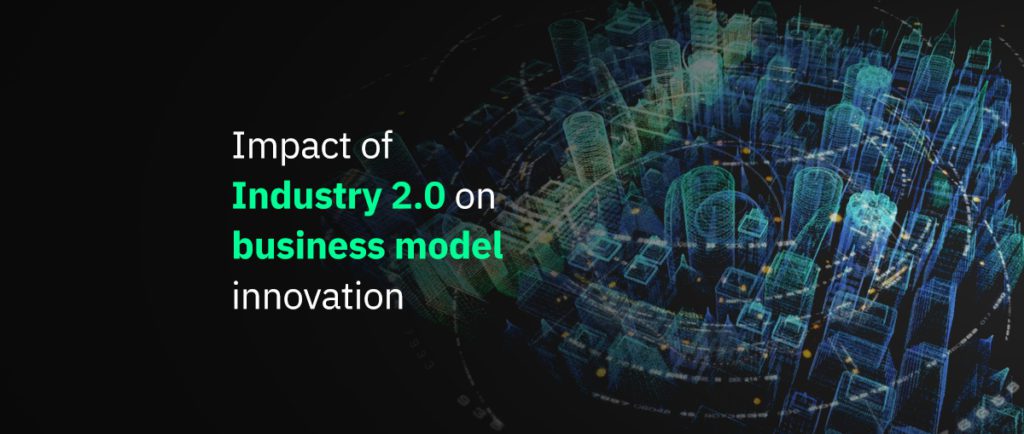
Business model innovation has become an effective method to business innovation due to its importance for corporate strategy and, as a result, firm success. Even long-established firms are beginning to learn that business models do not always ensure effective performance in the face of rapid environmental dynamics and challenging market conditions. On the other hand, managers are becoming more aware that doing business as usual is no longer enough and that their future success is dependent on their ability to constantly reevaluate established business models, using both proactive and reactive responses to external change.
Also Read: Why has Digital Transformation Become a Necessary Disruption?
Industry 2.0 has influenced a variety of business activities, including business models (BMs), by enabling new forms of collaboration between organizations, resulting in new product and service offerings, as well as new customer and employee connections. Simultaneously, digitalization has put pressure on businesses to rethink their existing strategy and investigate new business opportunities in an organized and early manner. While there is a growing interest in digitalization in BMs, there is still a research deficit in this sector due to the low number of empirical insights.
Also Read: Launching MBA Digital Business
Furthermore, several reasons have contributed to a rise in anxiety about SMEs’ ability to respond to the current uncertain climate with innovative products and services, innovative business models, or the talents required to reinvent their business processes. In an apparent reference to the business model concept, the European Commission emphasizes the need for SMEs to adopt a broader picture of innovation in products and services. This includes any change that speeds up and improves the way businesses are conceived, developed, produced, and marketed for new products and services.
Also Read: HETIC student’s new entrepreneurial venture
For SMEs, managing this process requires a clear strategy, an innovative corporate culture, and innovation activities that quickly create the right ideas rapidly make the right ideas.
Also Read: Digital Business Skills That Are In Vogue
Furthermore, the current rapid technical and societal development environment has posed considerable economic problems to the business, such as declining natural resource availability, rising energy prices, an aging workforce, and market globalization. Customers are also progressively demanding improved product-service innovation, a broad selection of items, high-quality standards, support services, and immediate gratification.
Also Read: Digital Transformation for Business Agility
All of these difficulties necessitate the ability of industrial organizations to manage their whole value chain flexibly and responsively. As a result, virtual and physical architecture that enable close collaboration and rapid adaptation throughout the company’s life cycle are required.
Admissions are open
You can download the application form with this form

